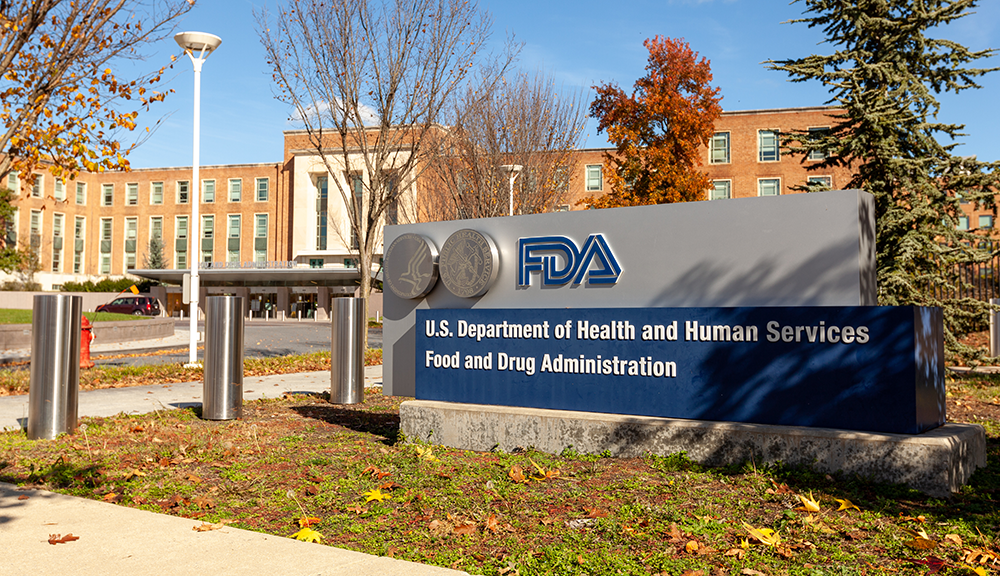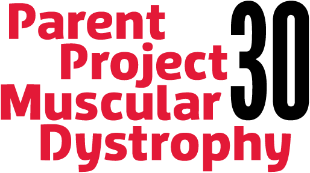
PPMD recently submitted written comments to the Center For Biologics Evaluation and Research (CBER) following Chief Advocacy Officer Ryan Fischer’s participation in the November 15th FDA CBER OTAT Patient-Focused Drug Development Listening Meeting: Patient Perspectives on Gene Therapy Products.
As more gene and cell therapies advance, PPMD believes that there is much more work that we can do together. With proper collaboration between regulators, patients, and development communities, potential therapies that are coming through the pipeline have the best chance of becoming a reality only if patient and caregiver voices are guiding those making decisions on our behalf.
PPMD thanks CBER for the opportunity to submit comments and we are hopeful that we will be able to continue to work together to make the lives of people impacted by Duchenne better.
PPMD’s Written Comments
PPMD’s written comments to CBER focused on three key areas:
1. The Evolution of Patient-Focused Drug Development (PFDD) and Patient Experience Data.
Recognizing how much progress has been made in ensuring patient and caregiver perspectives be integrated into the drug development process since the passage of PDUFA V, VI, and VII, PPMD called for more clarity on how CBER will incorporate patient views into their regulatory decision-making. PPMD urged CBER to indicate clearly how any patient experience data (PED) is weighed at the time of regulatory review.
In an effort to keep both payers and prescribers more informed, PPMD also called on CBER to incorporate PED when they are developing product labeling.
2. Duchenne Community-Led Guidance
PPMD submitted an updated community-led guidance to the FDA in September 2022. PPMD called on CBER to review this new updated guidance document and consider producing draft guidance related to developing gene therapies in Duchenne. Doing this would allow sponsors and the patient community to better understand the FDA’s current thinking on conducting gene and cell therapy trials in Duchenne, including the use of expedited pathways.
3. Duchenne Patient Experience Data Related to Patient Preferences
The Duchenne community has led efforts to advance patient preference research in rare disease using a variety of survey methods through a community engaged approach. Through this, it was learned that the majority of caregivers and adults with Duchenne indicated the willingness to accept a treatment- related risk of death equal to or greater than 1 in 2,000, even given a non-curative treatment with time-limited benefit.
PPMD urged FDA to incorporate robust patient experience data (PED) like this into gene therapy study designs and regulatory decision-making within the PFDD construct that is stimulating pipelines across conditions.



 by: Parent Project Muscular Dystrophy
by: Parent Project Muscular Dystrophy

